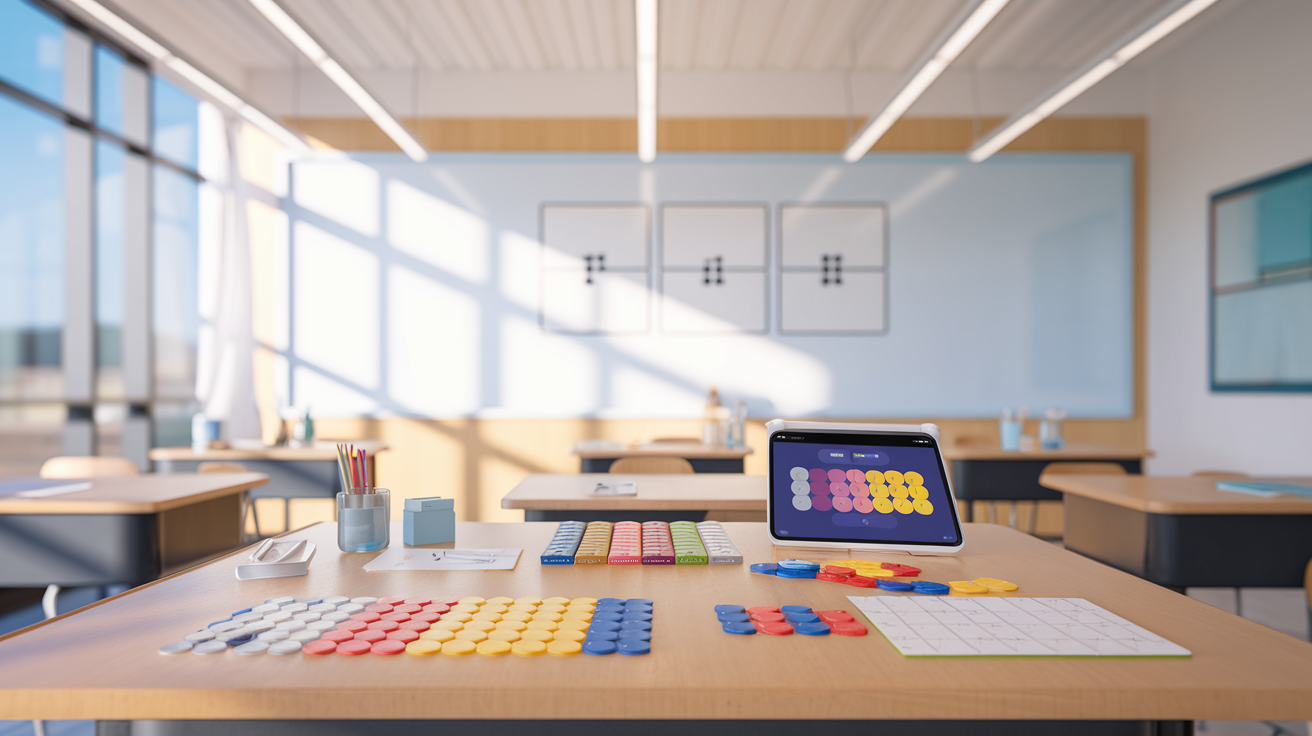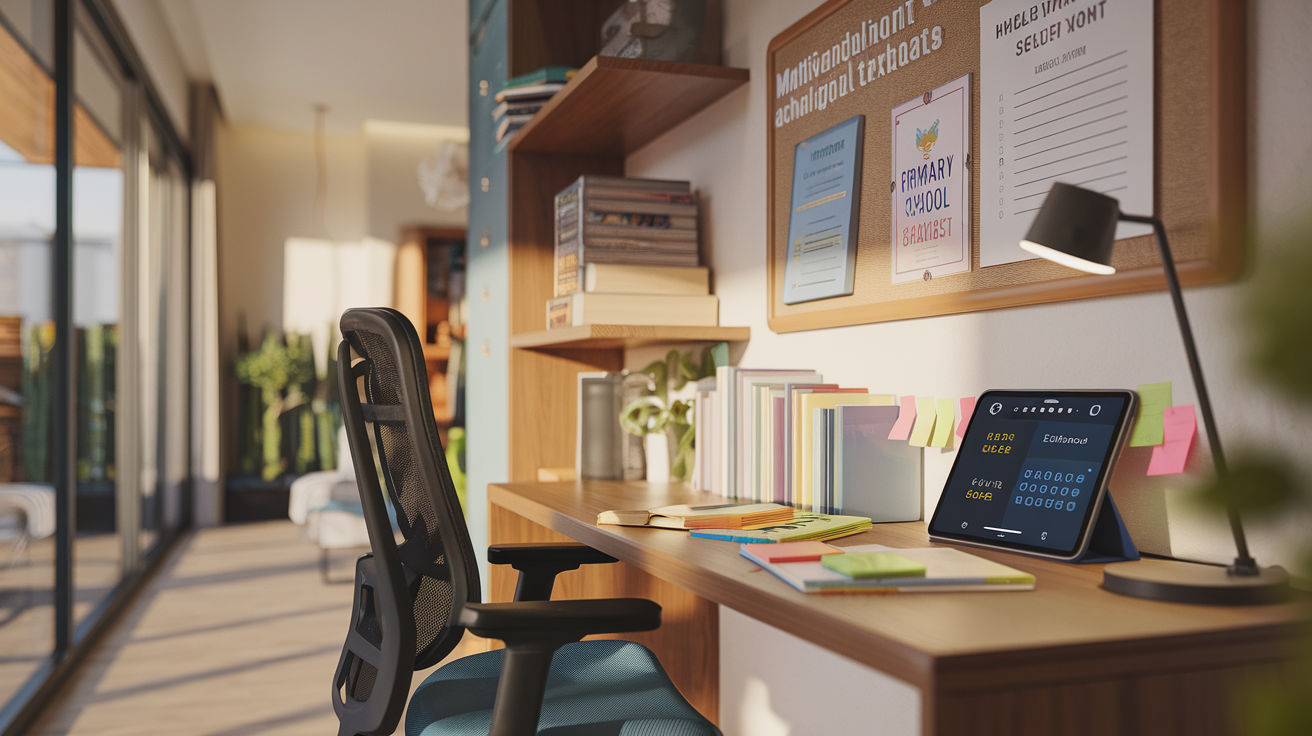- Oct 16, 2024 - 8 min read
10 Practical Tips To Help Pre-Primary Children Adapt Into Primary 1

To help your child in kindergarten adapt well into Primary 1, we have prepared 10 practical tips to help your little ones transition smoothly towards their next milestone.
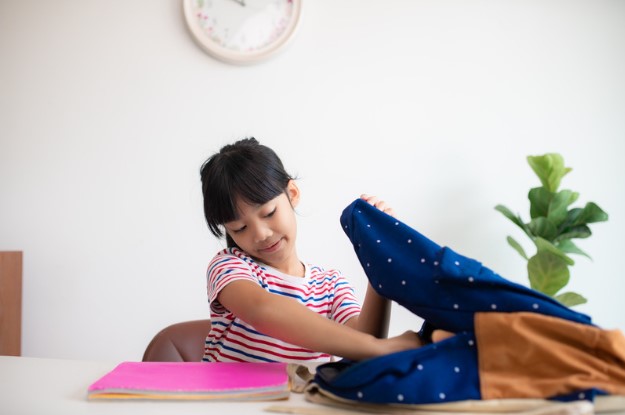
1. Establish a daily routine
Guide your child to pack their own bag the night before, tie their shoelaces, and use the bathroom independently. Establishing a routine for everyday tasks helps your child prepare for school with confidence. This helps them take responsibility for their role as a student.

2. Practice social skills
You and your child can also role-play common school scenarios, like asking for help or making friends. This helps to build their courage when interacting with new people.

3. Introduce simple tasks
Another simple task your child can practice is completing small, manageable tasks like setting and putting away books and stationery on and off the table.

4. Boost confidence with letters and numbers
Use flashcards, simple books and counting games to build familiarity and provide them a solid foundation. It will heighten their confidence and your child will feel more secure following lessons.
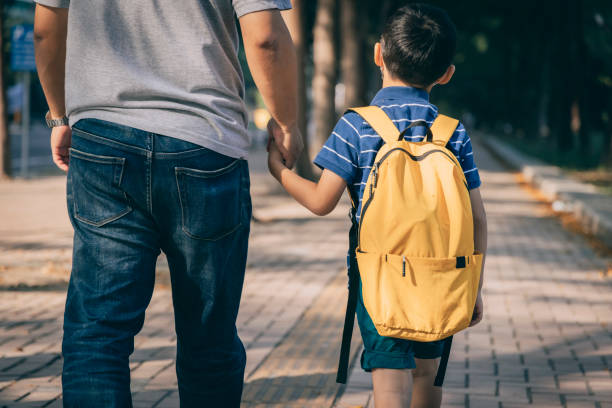
5. Be familiar with school facilities
Point out common areas that your child will visit everyday, such as the classroom, toilets and canteen. Getting your child to know where these places are is empowering for them to navigate around the school independently.

6. Encourage problem solving
There are times where parents should step back and allow their child to figure things out on their own.
You may have encountered the term ‘helicopter parents’, where parents are overinvolved in their child’s every aspect of life. Long-term effects of helicopter parenting for the child includes low self-esteem and low confidence.
As parents, you can respect your child’s boundaries by allowing them to keep trying when they don’t succeed. We suggest providing puzzles, building blocks, or matching games to develop critical thinking and problem solving skills.

7. Teach emotional awareness
Guide your child by helping them identify and talk about their emotions such as excitement, nervousness and fear.
It is important for children to manage their emotions healthily. Teach your children simple coping strategies like:
|
|
|
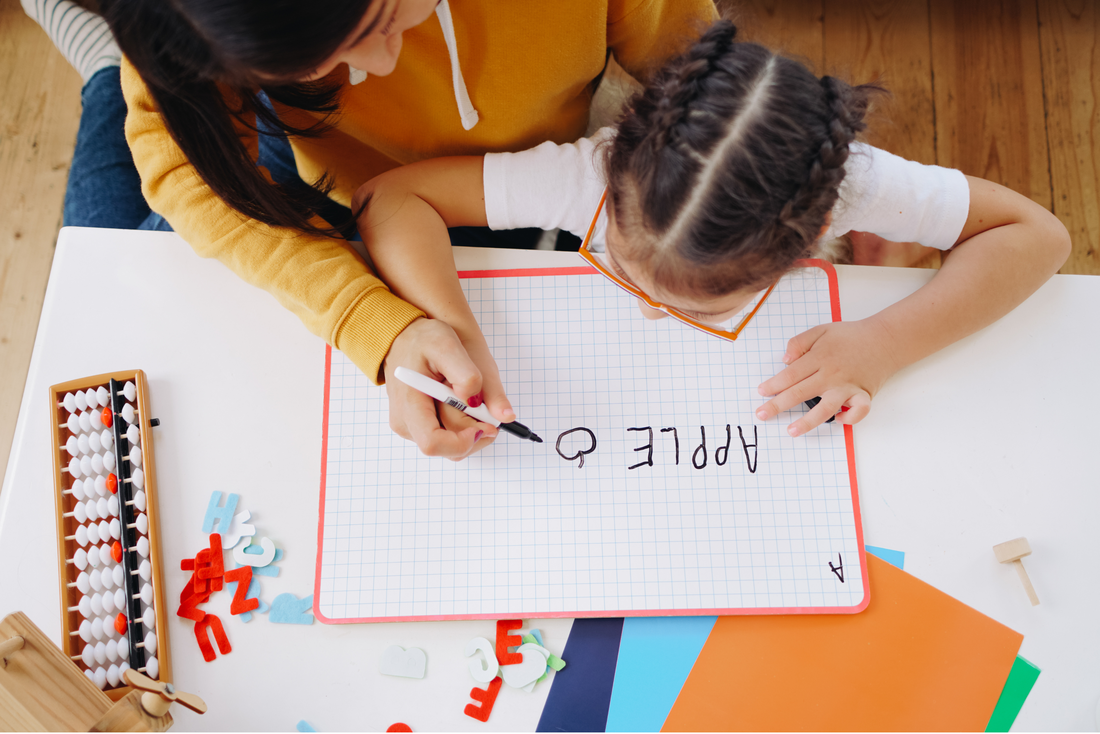
8. Work on fine motor skills
|
|
|

9. Build resilience
It happens to all of us.
Your child will face setbacks in school, such as losing a game or making a mistake. As a parent, teaching your child how to handle setbacks is an important skill to help them build resilience.
Encourage them to keep trying when they struggle with new tasks. Create a no-judgment environment when children make mistakes. No one is perfect, so it’s all the more important for children to be able to bounce back and learn from their mistakes.

10. Encourage curiosity and questions
Your child will be curious and excited about attending primary school. Answer their questions about school openly and positively to give them a clear impression of their primary school experiences.
You can also foster a love of learning by showing excitement about new subjects they’ll encounter in Primary 1.
Conclusion
At Edufirst, we offer our Primary One Preparatory Course to give your child a head start by allowing them to familiarise and adapt better to primary school, specially designed by MOE teachers. Drop us a call or a message if you are interested to learn more, and we’ll get in touch with you shortly!

